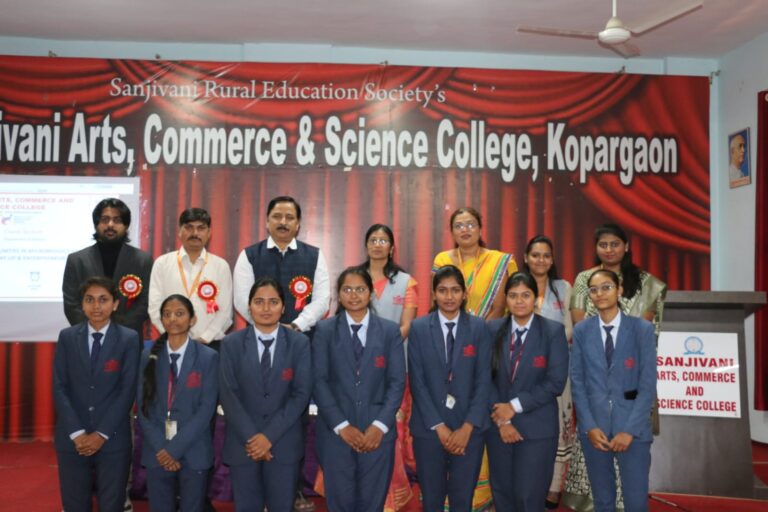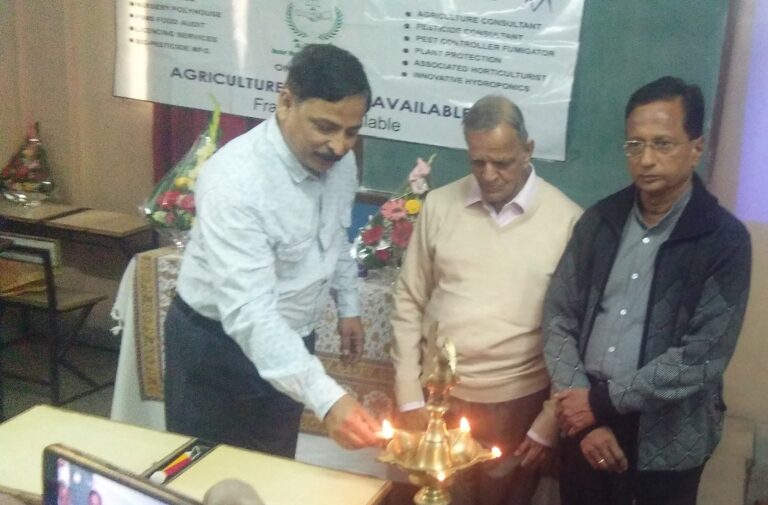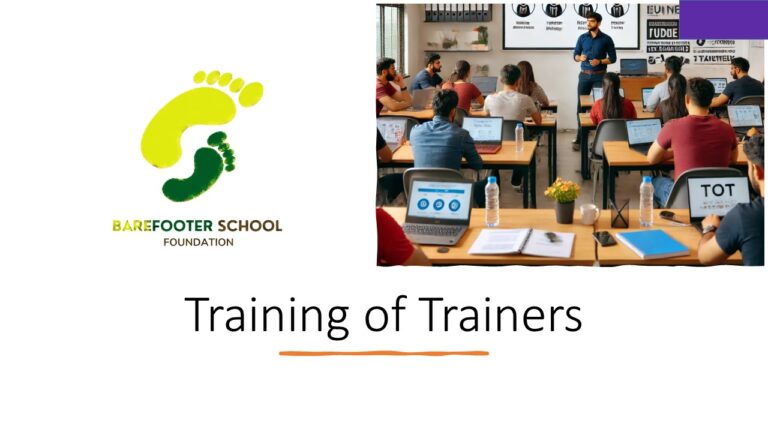Qualified Unemployment in Agriculture: The Challenge of Disaster and the Opportunity for Growth
In the rapidly evolving Agricultural landscape, the issue of qualified unemployment—where Skilled individuals are unable to find suitable employment—has become increasingly critical. This challenge is further compounded by natural disasters that destabilize the Sector, leaving Skilled Agricultural workers without jobs. However, these challenges also present significant opportunities for growth and innovation, particularly through targeted training and education initiatives.
The Challenge: Disasters and Qualified Unemployment
Agriculture is inherently vulnerable to disasters such as Floods, Droughts and pest infestations, which can lead to sudden unemployment among Skilled workers. For instance, when traditional farming methods are rendered ineffective by changing environmental conditions, those trained in these techniques may find themselves unemployed. This situation is exacerbated by a lack of modern farming techniques and inadequate educational and research institutions, particularly in rural areas, as highlighted in the attached report on Agricultural Education in Maharashtra and across India.
One of the major challenges in the Agricultural Sector is the shortage of Skilled Manpower, especially in rural areas. The following tables from the report provide an overview of the Educational Institutions and Krishi Vigyan Kendras (KVKs) in Maharashtra, which can be used as a model for the rest of India:
Overview of Agricultural Education in Maharashtra
| Degree Program | Number of Colleges (Govt.) | Intake Capacity (Govt.) | Number of Colleges (Private) | Intake Capacity (Private) | Total Colleges | Total Intake Capacity |
| B.Sc. (Agriculture) | 25 | 2584 | 11 | 1960 | 36 | 4544 |
| B.Tech. (Agricultural Engineering) | 03 | 160 | 20 | 1240 | 23 | 1400 |
| B.Tech. (Biotechnology) | 02 | 100 | 14 | 1050 | 16 | 1150 |
| B.Sc. (Horticulture) | 06 | 337 | 10 | 800 | 16 | 1137 |
| B.Sc. (Agribusiness Management) | 02 | 120 | 11 | 960 | 13 | 1080 |
| B.Sc. (Forestry) | 02 | 82 | — | — | 02 | 82 |
| B.Sc. (Community Science) | 02 | 60 | — | — | 02 | 60 |
| B.F.Sc. (Fisheries Science) | 02 | 50 | — | — | 02 | 50 |
| Total | 47 | 3698 | 71 | 9960 | 118 | 13658 |
| Agricultural University | KVKs (Govt.) | KVKs (Private) | Total KVKs |
| Mahatma Phule Krishi Vidyapeeth, Rahuri | 04 | 13 | 17 |
| Dr. Panjabrao Deshmukh Krishi Vidyapeeth, Akola | 08 | 06 | 14 |
| Vasantrao Naik Marathwada Krishi Vidyapeeth, Parbhani | 04 | 08 | 12 |
| Dr. Balasaheb Sawant Konkan Krishi Vidyapeeth, Dapoli | 02 | 02 | 04 |
| Total | 18 | 29 | 47 |
The Opportunity: Leveraging Training Programs
Despite these challenges, there are significant opportunities to address qualified unemployment through the implementation of targeted training programs. The BareFooter School Foundation, in collaboration with the Agriculture Universities, Industry Partners and several Institutes across India, has proposed initiatives aimed at bridging the gap between existing Skills and the needs of the Industry.
A critical issue that needs addressing is the fact that Diploma Holders and Agri-Polytechnic Students, despite being qualified, are often not even counted in formal Employment Statistics. In fact, they should be made eligible for Pest Control Operations, especially with some years of Experience. By recognizing and integrating these qualified individuals into the workforce, the agricultural sector can greatly benefit from their Expertise.
These initiatives include the development of Short-Term Courses (STCs) designed to provide practical skills, industry-recognized certifications, and apprenticeships that lead to sustainable employment. The CSR-funded programs proposed will also support Start-ups and Rural Youth, further enhancing the employability and productivity of the agricultural workforce.
Moreover, the introduction of Short-Term Course (STC) training programs for Technician Grade 1 Assistants in pest control companies represents a proactive approach to combating qualified unemployment. These programs are designed to be mandatory, ensuring that a large number of individuals receive the training necessary to meet Industry Standards. This not only addresses the immediate issue of unemployment but also contributes to long-term Industry resilience.
Turning Disaster into an Opportunity
The key to transforming the challenge of qualified unemployment into an opportunity lies in the strategic implementation of these training programs. Disasters can serve as a catalyst for innovation, prompting industries, educational institutions and government bodies to collaborate and create responsive training initiatives. By doing so, they ensure that Skilled workers are not left behind but are instead at the forefront of Agricultural innovation.
By scaling up the model used in Maharashtra to a national level, the potential exists to transform the Agricultural Sector, improve the employability of graduates and drive rural development.
Conclusion
Qualified unemployment in Agriculture, especially in the wake of disasters, presents a significant challenge. However, with targeted training programs and strategic collaboration between Industry, educational institutions and government bodies, it is possible to turn this challenge into an opportunity. By equipping Agricultural workers with the Skills needed to navigate a rapidly changing Industry, we can build a more resilient Agricultural Sector, capable of withstanding future challenges and driving sustainable development.





